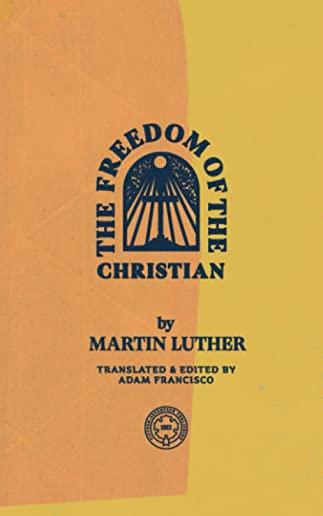
description
9The Spirit of the Laws is a treatise on political theory first published anonymously by Charles de Secondat, Baron de Montesquieu in 1748 with the help of Claudine Guérin de Tencin. Originally published anonymously partly because Montesquieu's works were subject to censorship, its influence outside of France was aided by its rapid translation into other languages. In 1750 Thomas Nugent published the first English translation. In 1751 the Catholic Church added De l'esprit des lois to its Index Librorum Prohibitorum ("List of Prohibited Books"). Yet Montesquieu's political treatise had an enormous influence on the work of many others, most notably: Catherine the Great, who produced Nakaz (Instruction); the Founding Fathers of the United States Constitution; and Alexis de Tocqueville, who applied Montesquieu's methods to a study of American society, in Democracy in America. Macaulay offers us a hint of Montesquieu's importance when he writes in his 1827 essay entitled "Machiavelli" that "Montesquieu enjoys, perhaps, a wider celebrity than any political writer of modern Europe." Montesquieu spent around twenty one years researching and writing De l'esprit des lois (The Spirit of the Laws), covering many things like the law, social life, and the study of anthropology and providing more than 3,000 commendations. In this political treatise Montesquieu pleaded in favor of a constitutional system of government and the separation of powers, the ending of slavery, the preservation of civil liberties and the law, and the idea that political institutions ought to reflect the social and geographical aspects of each community.
member goods
No member items were found under this heading.
Return Policy
All sales are final
Shipping
No special shipping considerations available.
Shipping fees determined at checkout.







